Already, branches of the U.S. government and other governments are refining their definitions. According to a 2023 report from the Attorney General and the Secretary of Homeland Security, foreign interference in an election is: “any covert, fraudulent, deceptive, or unlawful actions or attempted actions of a foreign government” which are “undertaken with the purpose or effect of influencing, undermining confidence in, or altering the result” of elections or electoral institutions. Such definitions should be applauded and adopted across government agencies.
Likewise, the Australian government defines foreign interference as: “activities carried out by, or on behalf of, a foreign actor” that are “deceptive or clandestine, and contrary to Australia’s sovereignty, values and national interests.” Australia underscores that foreign influence activities are, by contrast, open and transparent. In Canada, the Countering Foreign Interference Act also emphasises the importance of activities being transparent and accountable. It defines a foreign interference offense as “surreptitious or deceptive conduct with the intent to influence a political or governmental process” or otherwise harm Canadian interests.
Critics counter that the term ‘influence’ is so entrenched as a shorthand for malign foreign activities that it is no longer useful to parse different forms of influence, nor to delineate influence and interference. But to stamp out genuine sharp power that is covert, corrosive, criminal, or coercive—without penalizing or demonizing innocent people—distinguish we must.

